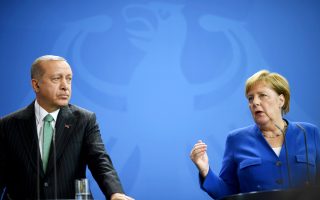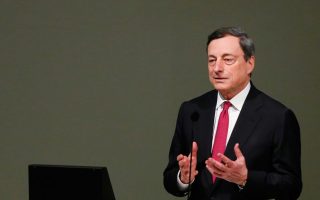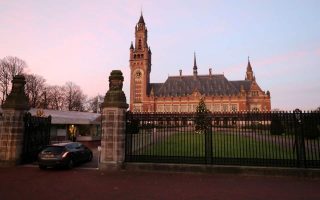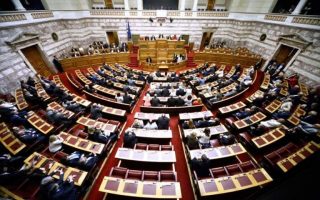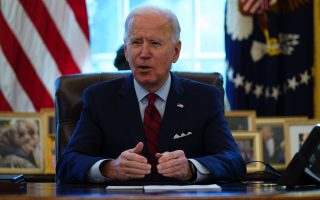Fear and freedom
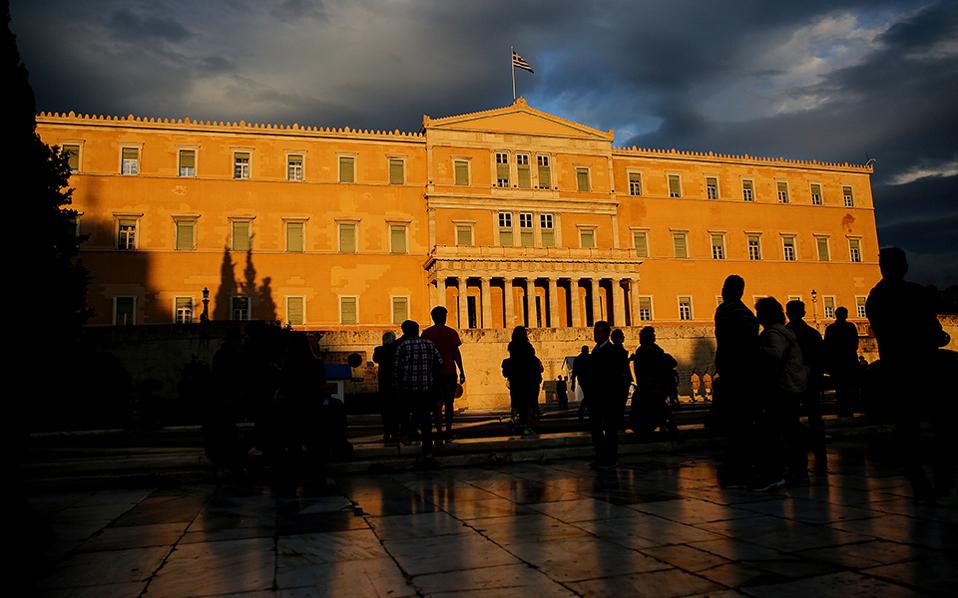
Experts tell us that the strongest emotion we feel as humans is fear, which we are unable to process individually. This leads to the belief that only an all-powerful institution, namely the state, can ensure the survival of a society and its citizens when they are faced with mortal peril, like the current coronavirus crisis.
To counter this primal emotion of fear, as far back as the Enlightenment, the West has looked to the hope of freedom: When a citizen has broken free of the “nanny state” (in other words, state supervision and a dependence on government), they finally have the capability to fully utilize the extent of their abilities, becoming successful, complete and prosperous.
In the ideological conflict that governs human activities, faith in the state is received as nostalgia for communism, an ideology and system which has crumbled in Europe. In contrast to this, the drastic reduction of government interference is the defining characteristic of Western liberalism.
In Western societies, however, the only imaginable situation that could justify a curtailing of personal freedoms would be war. However, our current enemy is invisible. This is the cause of the fierce reaction against the preventive measures by many citizens in countries that have a long tradition of liberal ideas defending the rights of the individual, like the Netherlands, the United States and Great Britain.
The liberal political order of the West abhors authoritarianism by its very definition. The violence used by Chinese authorities to punish transgressors of their preventative measures could not be emulated in the West when the virus finally arrived.
Even the most liberal politician will recognize the efficiency of authoritarian methods, and some of these will be used in the fight against the coronavirus. Therefore, we not only face the great tragedy of Covid-19’s death toll and the catastrophic consequences it has on the economy; at the same time, the very values the West used to oppose communism and its followers are being undermined. The fear of death has swept everything aside.
It has been centuries since the inhabitants of Ioulis on the Greek island of Kea would, upon reaching the age of 60, commit suicide. Wearing a wreath upon their head, they would gather and drink hemlock en masse not only to avoid the degradation of old age, but also to ensure that the island’s younger inhabitants would not find themselves wanting of its limited resources.
Somewhere around the mid-19th century, Karl Marx claimed that “religion is the opium of the masses,” an attempt in vain to set aside the Christian belief that death was merely the beginning of eternal life. It seems that the time has now come for civil liberties, the essence of Western liberalism, to be tested.
